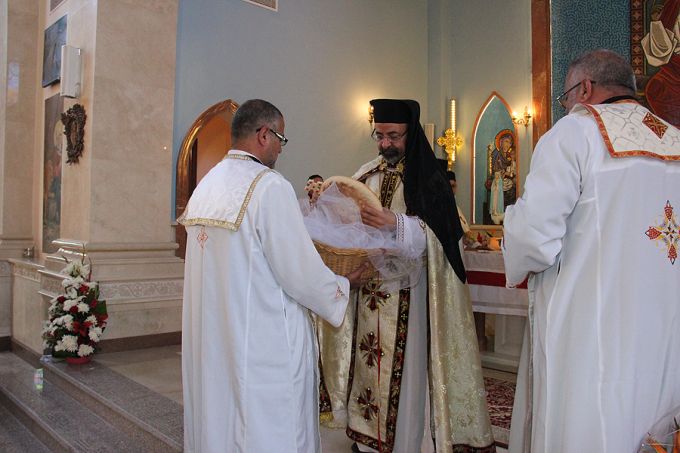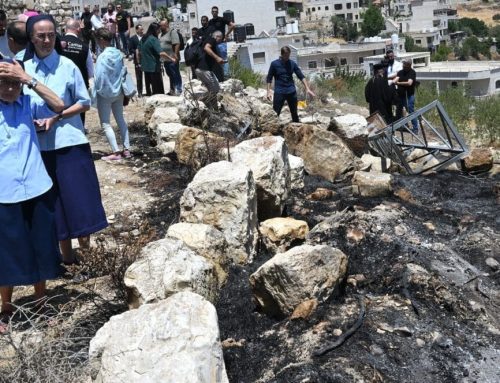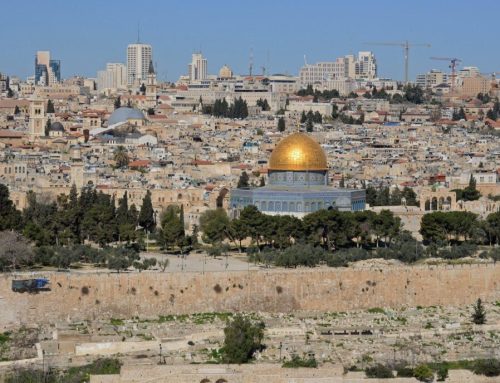– Christians in Egypt are hoping that a new law will make it easier for them to build churches, particularly after old laws effectively forced Christians to celebrate Mass in house churches.
“It is vital that the final law that gets passed should be acceptable to all parties and fully consistent with Article 235 of the constitution,” Dwight Bashir, co-director of policy and research at the U.S. Commission on International Religious Freedom, stated to CNA.
Article 235 of the 2014 Constitution of Egypt mandated that the country’s parliament would “in its first legislative term” pass a new law about building churches “in a manner that guarantees the freedom to practice religious rituals for Christians.”
However, the parliament did not pass the law in its first term, and set a new deadline by the end of September.
Christians have encountered serious obstacles to building new churches in Egypt, thanks to old laws that require approval from the local community and from the president.
The group Coptic Solidarity noted that “over the past six decades” only two churches per year have been approved in Egypt, and there are only 2,600 churches in the entire country – “about one church for every 5,500 Christian citizens.” Meanwhile, there is “one mosque for every 620 Muslim citizens,” the group said.
Christians have resorted to having Mass said in their houses or other buildings, “triggering countless acts of mob violence, often backed by official indifference, complacency, or state intervention charging Copts on the spurious basis of using unauthorized places of worship.”
Thus, the new law to which the amendments are attached was supposed to ease the process of church building; Christians wouldn’t have to get approval from the president, but rather from the local leader, and there was reportedly a four-month timetable for an approval.
A few days ago, however, Coptic Christian leaders refused to support proposed amendments to the law, calling them “unacceptable.” They have since come to an agreement after meeting with the president, and the cabinet is expected to send a draft of a bill to parliament.
The Church stated that the law “needs an open mind when it comes to practical, not literal implementation,” as reported by the outlet Mada Masr.
Christians in Egypt have suffered violence and attacks on their churches, particularly since the summer of 2013 after the Muslim Brotherhood was unseated from power. The State Department reported that 78 “churches and other Christian buildings” were attacked, and the military has restored 26 of them.
However, there have also been attacks on Christians in recent months. A church in southern Egypt was burned down by a mob, and perhaps most infamously a Christian woman in her seventies was beaten, stripped, and dragged through the streets because her son allegedly had an affair with a Muslim woman.
The perpetrators have operated many times with impunity.
“There also continues to be inadequate accountability for past violent attacks,” USCIRF noted in its 2016 report on religious freedom, adding that “most perpetrators from large-scale incidents that occurred between 2011 and 2013 – and even before that – have not been prosecuted.”
Source: Catholic News Agency






